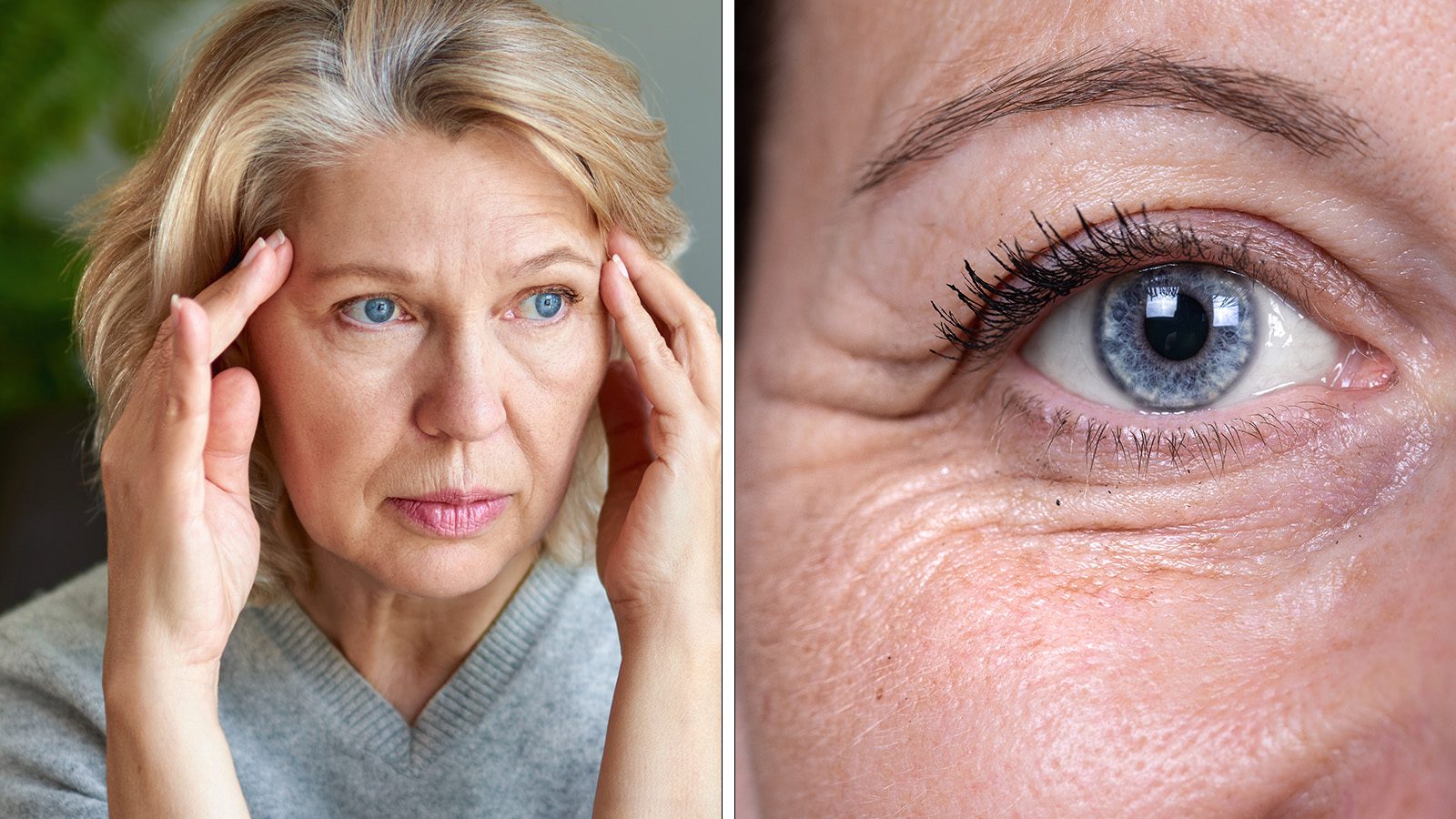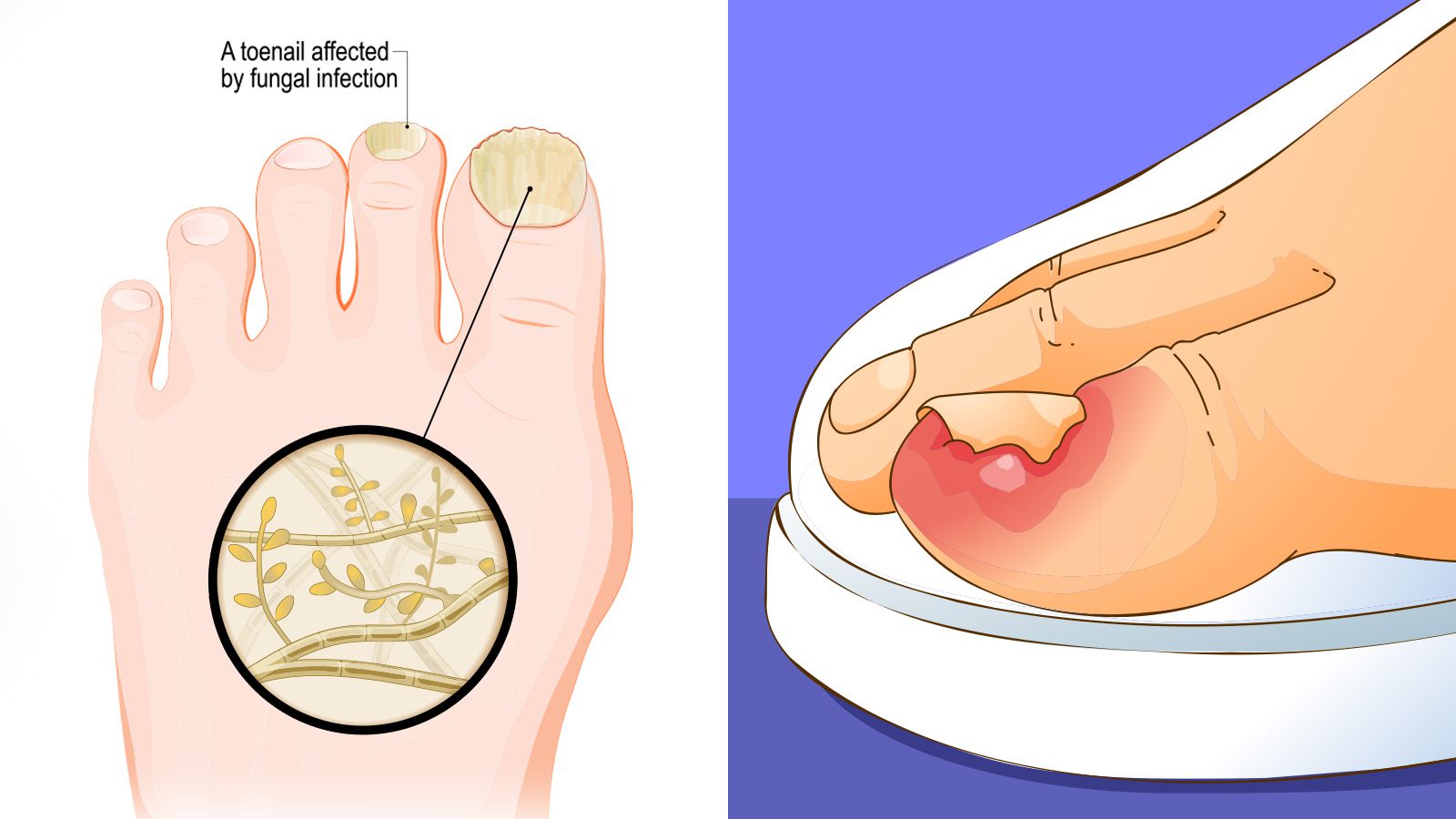A new study shows that your personality, or more accurately how you process the emotional moments of your life is related to how your immune system protects your body from disease.
How we react to stress is just one personality trait that we know can impact our health. For example, if you are a more reactive type of personality, you may suffer poor health in the form of high blood pressure. Although the connection between stress and health is well known, the connections between our personality and our immune system is something that only recent research has been able to find.
Your Personality Controls Your Immune System, According To New Study
There are many personality traits that we see in the different people that we know. Psychologists study the personality traits that are stable over the course of our adult lives, for example we tend to be either more introverted or extroverted, optimistic or pessimistic, and open-minded or closed-minded.
Personality traits that control your immune system functioning
Researchers say that a number of personality dimensions, including repression, optimism, hostility, attributional style, and extraversion-introversion, have been related to immune parameters or immunity. Let’s look further at these personality traits and why they might be connected to immune function.
Denying negative feelings to self and others is what we call emotional repression. Repressing negative emotions was associated with a lower immune system response than that of people who quickly expressed negative emotions and moved on.
Related article: Here’s How Eating Added Sugar Hurts Your Brain
Pessimism, or having a negative mood associated with life events, was found to be associated with lower T-cell immune system response. An optimistic outlook showed a better immune system response. Similarly, hostility or an abrupt negative, violent reaction to life events is going to have a negative effect on your immune health as well.
Attributional style is our perspective on whether we think we have control over life events or a lack of control over what happens to us. People who have an internal attributional style know that they can take action to make things better when life deals them a negative event. People who have an external attributional style see life as happening to them without any sense of being able to act and control their mood or environment.
Extroverts, who tend to have a larger social support system with multiple friends also have lower stress responses in the body, and better resistance to the common cold virus. Introverts lack the social support that extroverts have, which can help improve mood in times of distress by sharing anxieties and getting emotional support from friends.
Change your personality, change your health
Researchers looking at how personality may affect your immune system’s defense against cancer say “Individual differences have an important role in modulating the relationship between environmental events such as stressors and the immune system, and stable individual differences such as personality may have an important influence not only on immunity but on the progression of chronic health problems such as cancer. However, the relationships among personality, the immune system, and health ‘especially cancer’ are controversial.”
Is your personality stable over time or is it possible to be an introvert in your youth and an extrovert as you get older? Is the same possible for your tendency to be an optimist or a pessimist? If you can change some of these negative features of your personality, you may be able to improve your immune system.
Making a choice to have a positive mood and outlook on the events of your life is a habit that you can practice, which will then become your usual personality style. The same is true of working on making more friends and becoming more social than you are now.
How you handle loneliness affects your immune system
Other research has linked the personality trait of how you handle alone time with your immune system health. Do you feel lonely when you are alone or are you able to be your own best friend? The research found that genes that determine immune cell function and even blood cell function were different in lonely versus non-lonely people. Psychcentral.com says “Certain genes that dampen bodily inflammation were less effective in lonely people, while pro-inflammatory genes were over-expressed.”
How you handle stress affects your immune system
We know that stress is a killer, but stress is partly about how you process a frustrating emotional moment and how it affects your body’s fight or flight response. Chronic stress is linked to numerous health problems like cardiovascular disease and stroke. However, we now know that stress can also reduce your immunity to other illness.
Related article: 5 Ways Stressful Relationships Affect Your Health
Additional research found that when people monitored and scored their positive emotions and were then given a nasal inhalation of the cold virus, those scoring in the bottom third for positive emotions were three times more likely to catch a cold that those in the top third. More positive emotions than negative ones can help your immune system to help you stay healthy.
(c)Power of Positivity, LLC. All rights reserved













